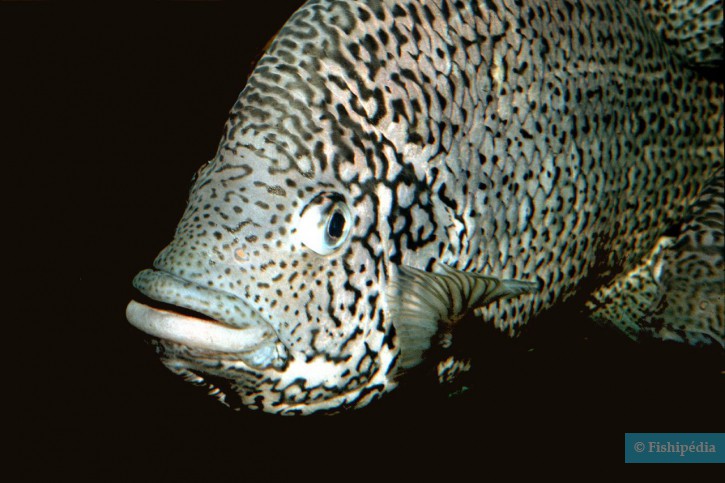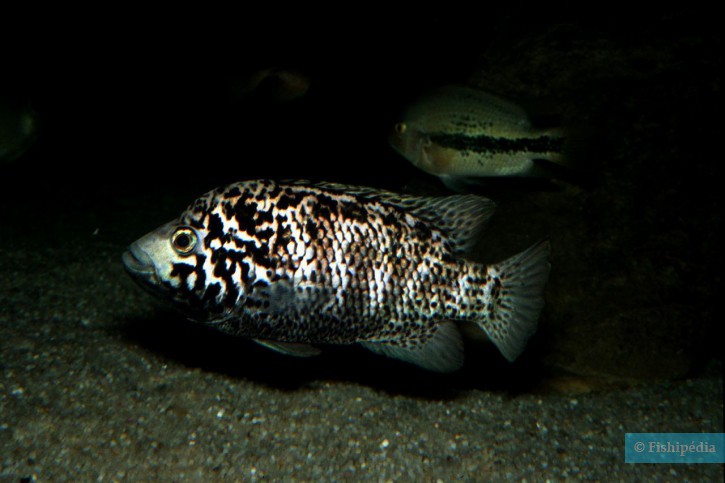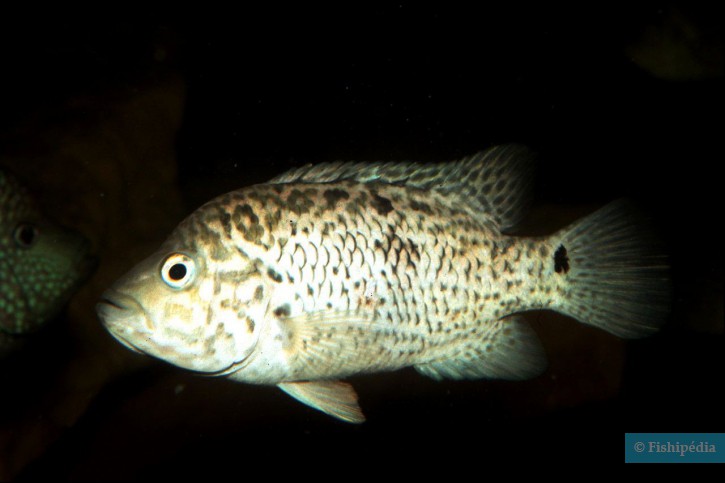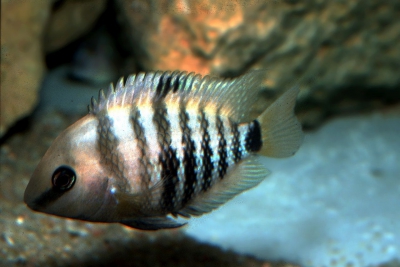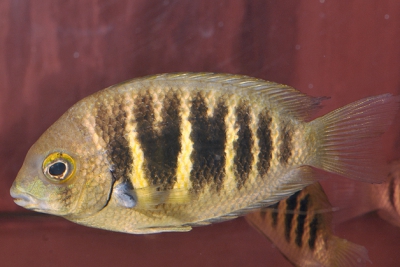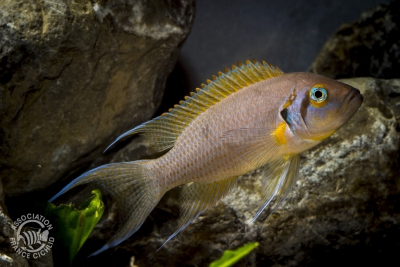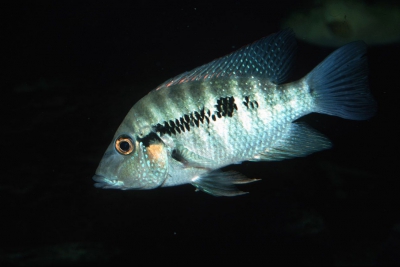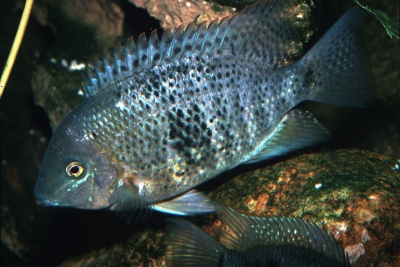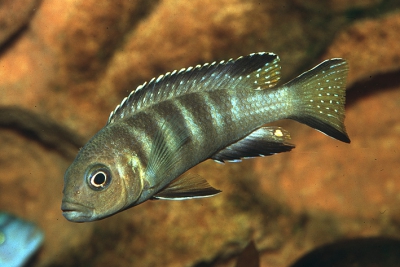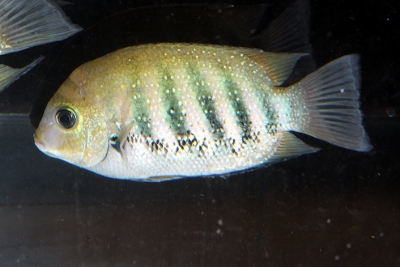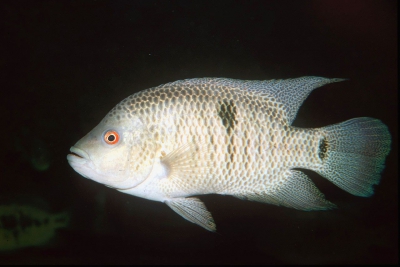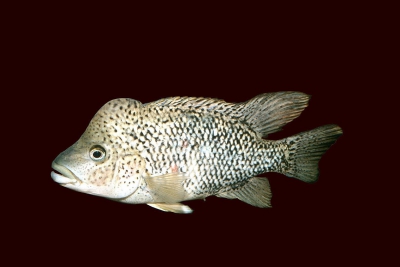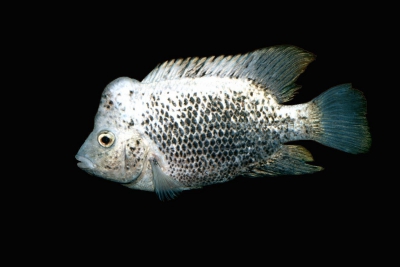biajaca
| Scientific name | Nandopsis tetracanthus |
|---|---|
| Descriptor | Valenciennes |
| Year of description | 1831 |
| IUCN category (World) | LC |
| Family | Cichlidae |
| Genus | Nandopsis |
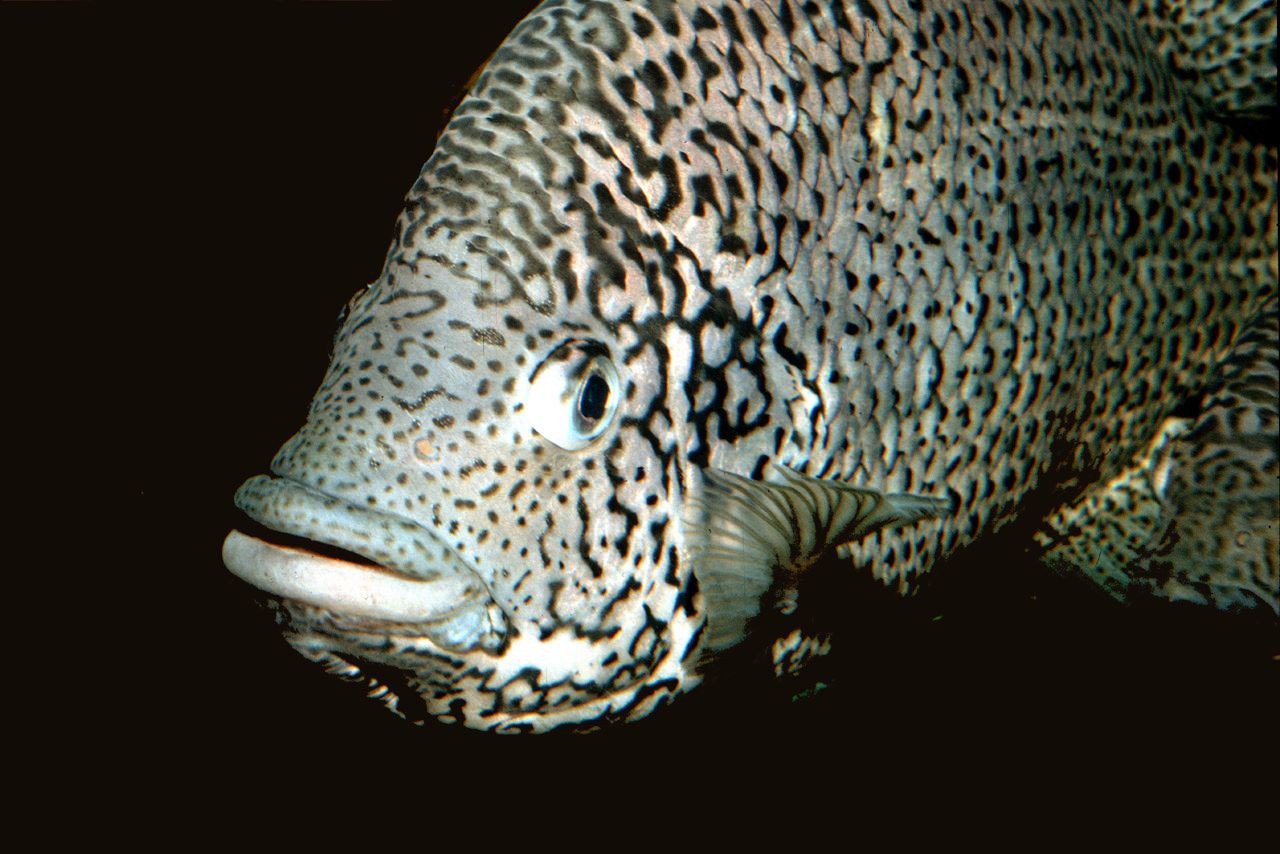

Introduction
Nandopsis tetracanthus, commonly known as biajaca, is a fresh water fish from the Central America.
This sheet is currently being prepared. The texts currently proposed come from our data model or are being drafted. To request priority for this content, you can write to us HERE.
Who is it?
Morphology
-
Average size25 cm
-
Maximum size31 cm
-
Longevity12 year
-
Average size25 cm
-
Maximum size31 cm
-
Longevity12 year
How to recognize This fish ?
The biajaca measures between 25 and 31 cm. This fish is bicolore with a predominantly argent and noir body.
Behaviour & Life cycle
-
dietcarnivorous
-
Sociabilityliving as a couple
-
territorialYes
-
Way of livingdiurnal
The biajaca hunts in the stalk and is one of the predators of its biotope. Opportunistic, it does not hesitate to attack any smaller animal nearby.
The biajaca is a fish living as a couple naturally found near the bottom. This species is carnivorous . Naturally, it tends to dig into the sand and transform its environment.
The biajaca is a territorial animal that does not tolerate any incursions into its living area. It is particularly virulent against other territorial species and it can provoke heated fights.
Reproduction
-
Reproductionovipare qui pond sur substrat découvert
The biajaca is a fish ovipare qui pond sur substrat découvert.
Harmless species
This species does not represent any particular threats to humans when encountered in its natural environment.
Origin and distribution
Conservation status of populations (IUCN)
What is its habitat?
Natural environment characteristics
-
Temperature24 - 30 °C
-
pH (acidity)7.5 - 8
-
gh (hardness)6 - 16
Biotope presentation
This animal evolves in areas characterized by a strong presence of vegetation (aquatic and marsh plants, decaying organic matter, roots...).
To go further
Sources & Contributions
Participation & Validation
The Fishipedia team and specialist contributors are committed to providing high-quality content. However, although the information comes from scientific sources or testimonials from specialists, the cards may contain inaccuracies.

Robert Allgayer
Translation
Translation done with the valuable contribution of our translators, who make this information available to a wider audience. We sincerely thank them for their commitment.
Scientific partners
Species of the same family
Same genus
